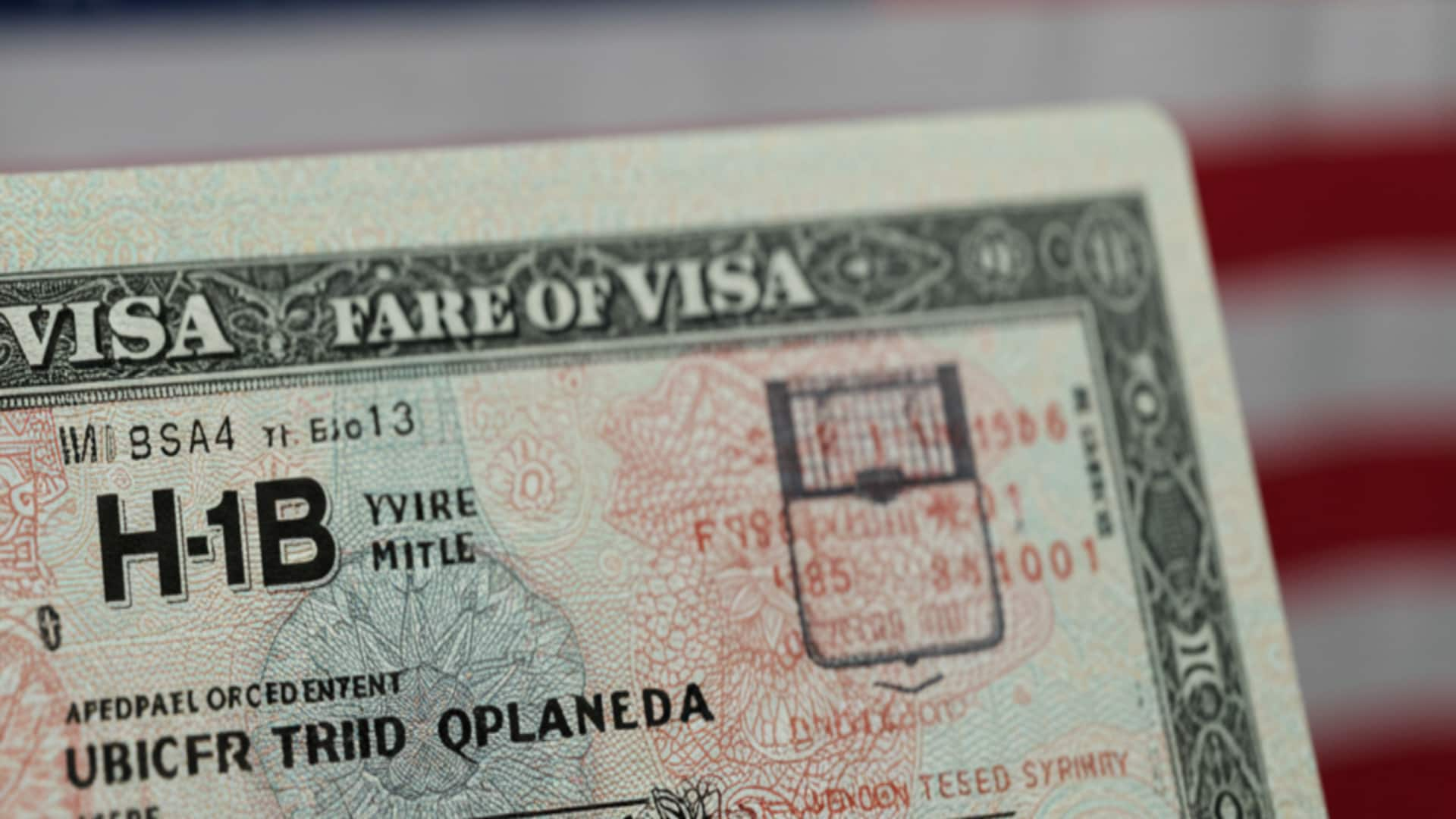
Trump administration proposes ending lottery for H-1B visa
What's the story
The United States Department of Homeland Security has proposed a major change to the H-1B visa program. The new plan seeks to replace the current lottery system with a weighted selection process. This would give preference to higher-skilled and better-paid foreign workers. The proposal comes after President Donald Trump recently signed a proclamation imposing a $100,000 fee for fresh H-1B visa applications.
Wage-based preference
Proposed system and its implications
Under the proposed system, workers assigned to the highest wage level would have four entries in the selection pool. In contrast, those at the lowest tier would only have one entry. This change could significantly alter how global talent is attracted to and flows into the US economy. Nicole Gunara of Manifest Law said this could tilt hiring toward established companies with larger budgets for salaries.
Visa reliance
Impact on Indian IT companies
The proposed changes to the H-1B visa program could have a significant impact on Indian IT giants, including TCS, Infosys, and Wipro. These companies rely heavily on H-1B visas for hiring skilled foreign workers. The new fee structure could significantly increase their costs and may lead to reduced hiring or a shift of jobs back to India.
Immigration policy
Broader context of immigration crackdown
The Trump administration has been focusing on the H-1B program as part of its larger immigration crackdown, which has seen mass deportations and an attempt to block citizenship for children of immigrants who are in the US illegally. The new proposal aims to protect Americans from unfair wage competition by foreign workers. However, finalizing such regulations can take months or even years. If approved, these changes could be implemented for the 2026 lottery registration period in March 2025.